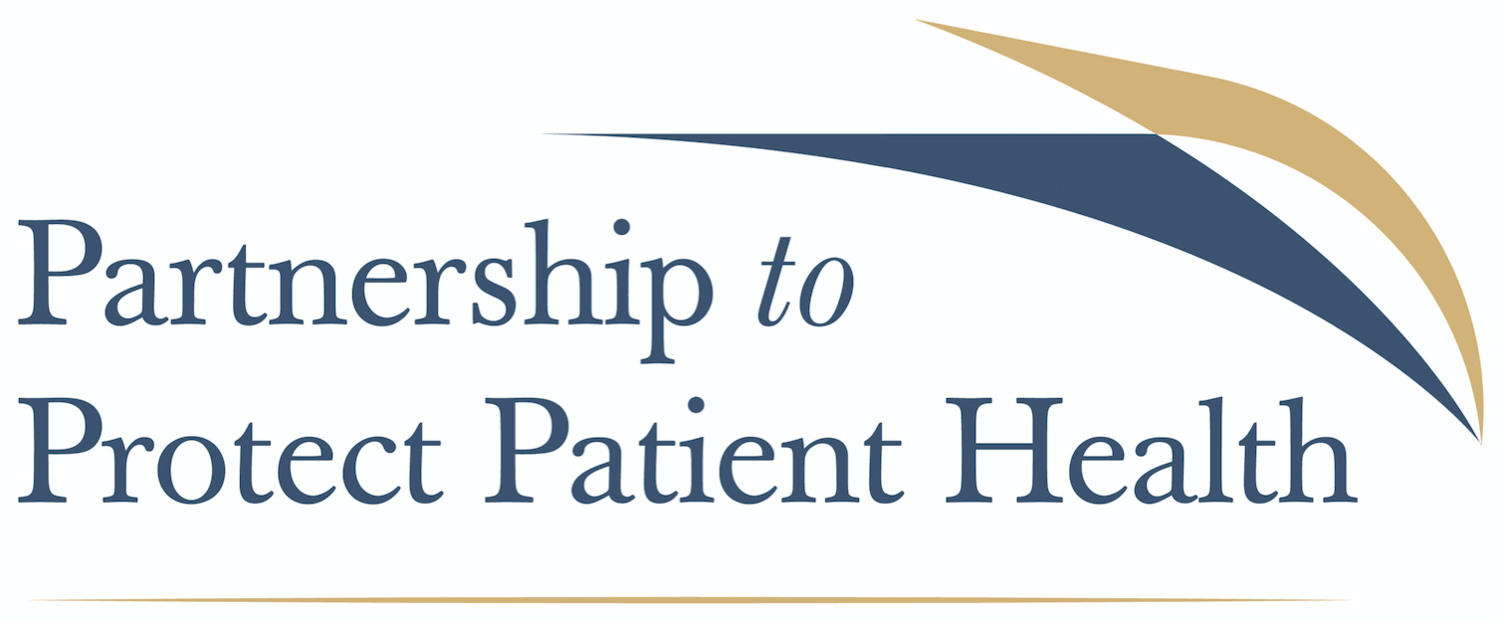
"Bad Drug" Ads are Bad News
“Bad drug” advertisements perpetuate misleading information about FDAapproved medications, urging patients to call a 1-800 number to join a lawsuit, alluding to potential payouts.

The Dangers of "Bad Drug" Ads: An Advanced Practice Registered Nurse's Point of View
An Interview with Chloe Villavaso, MN, APRN
“Bad drug” ads exploit patients’ insecurities and can keep at-risk patients from seeking the care they need. Ultimately, it’s the patients who suffer. Driven by fear and misinformation, they may choose suboptimal care or abandon treatment altogether.”

Let’s Talk about “Bad Drug” Ads: A Physician's Point of View
An interview with Frank Lavernia, MD
“Physicians can support efforts to enhance regulations on “bad drug” advertising by writing to their state legislators and members of Congress. Enacting policy change takes time, but continuously working to raise awareness about the harmful consequences of these ads is necessary.”

The Health Consequences of "Bad Drug" Ads
The advertisements are all over television.
“This is a medical alert for a bad drug,” an authoritative voice says. Names of prescription medications flash in red. The warning continues, rattling off cringe-worthy medical complications and injuries, “even death.” On screen appears a non-responsive patient being whisked away in an ambulance. The images fade into a telephone number and directions to “Call now for a free confidential consultation.”
Was that an advertisement or a public service announcement? Was it on behalf of the government? It’s often hard to tell.

PPPH Survey One-Pager
Drug-injury advertisements on television, radio and social media have increased by more than 60 percent since 2008, putting patients’ lives at risk across the U.S. Driven by law firms and aggregators, these commercials feature sensationalized claims that go unchecked due to a lack of proper oversight, leading patients who take critically important medications to doubt or discontinue their treatment regimen without consulting their physician.

PPPH Consumer Protection Research Results
PPPH surveyed 500 medical providers and 800 patients with diagnosed conditions to understand their perspectives on the often-misleading practice and how it influences their decision-making.

Bad for Your Health
The public is inundated with advertisements on television and the internet soliciting them to file lawsuits. These ads often present prescription drugs and medical devices as dangerous. In dire terms, the ads exaggerate the risks of products that remain approved by the U.S. Food and Drug Administration (FDA) as safe and effective and that doctors prescribe to help their patients. While the purpose of such ads may be to inform injured people of their legal rights, misleading information frightens viewers into stopping their medications and may deter others from seeking treatment. Although these ads pose a public health threat, federal and state authorities have not acted.







